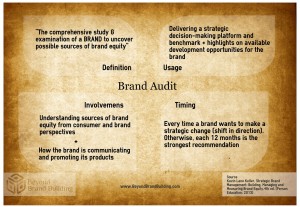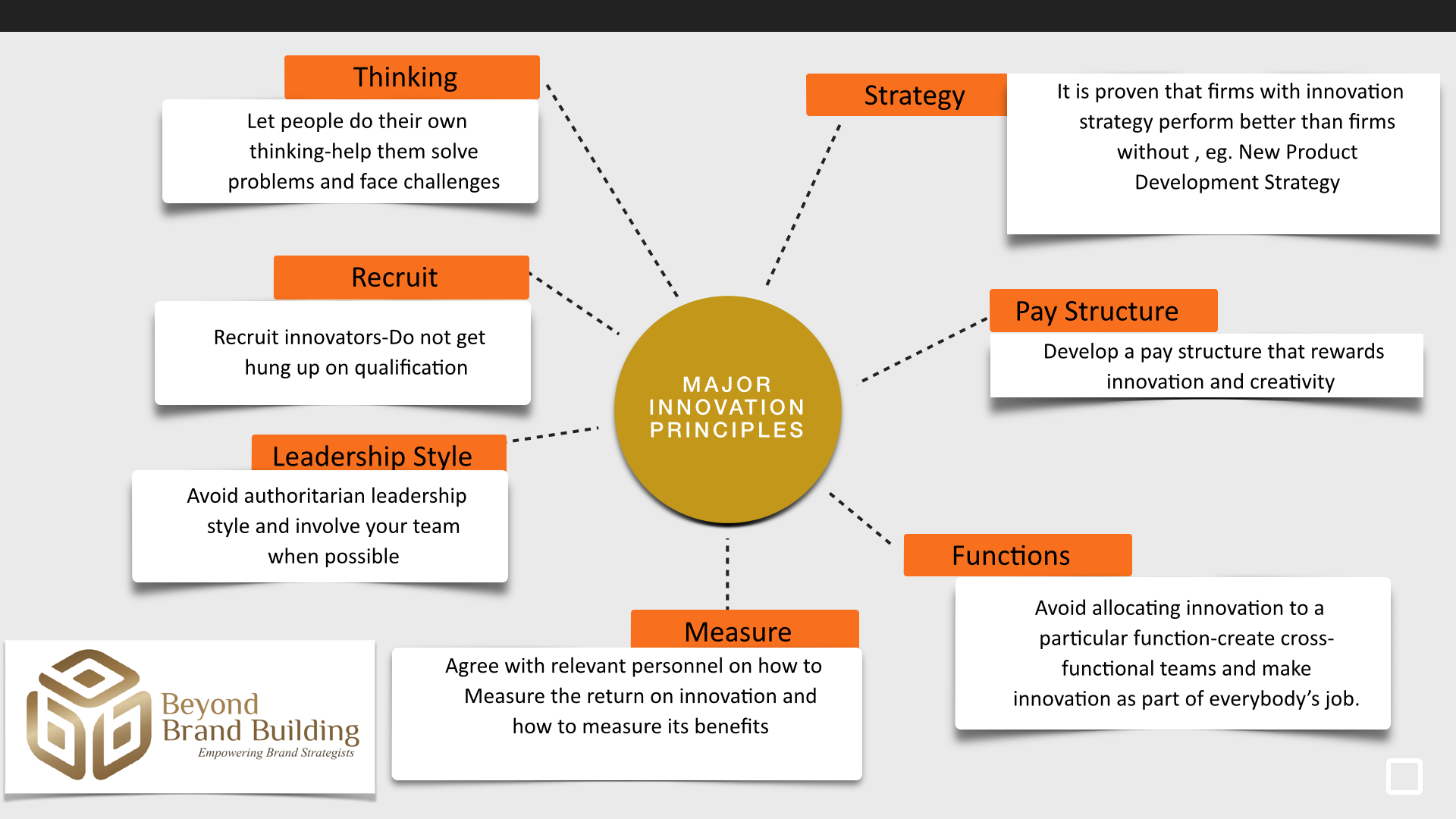Brand Audit: Quick and Simple Explanation
As an elite brand marketer, you need to learn what consumers know about your brand and its products to make informed strategic positioning decisions. As pointed out in my Brand Letter! Marketers have to conduct their brand audits as early as possible, not only to have a benchmark study, but also to profile their consumer knowledge structures for better decision-making processes.
Accounting, Marketing & Brand Audits
In accounting, an audit considered a systematic inspection via an outside firm of accounting records. That includes analyses, tests, and confirmations. Decision makers expect its outcomes to be an assessment of the brand’s financial health in the form of a comprehensive report [4].
A similar concept has been suggested for marketing. A marketing audit is a “comprehensive, systematic, independent, and periodic examination of a company’s -or business unit’s- marketing environment, objectives, strategies, and activities with a view of determining problem areas and opportunities and recommending a plan of action to improve the company’s marketing performance” [2].
A reflection on marketing audits will reveal that, it is a three-step procedure. The first step is to reach an agreement on goals, objectives, scope, and approach. Second, is when data collection is being performed, and lastly is to prepare relevant reports along with their presentations.
It’s worth to note that marketing audit is an internal company-focused exercise that aims to make sure that the right marketing operations are being performed, and that they are carried out in the most appropriate manner.
On the other hand, a brand audit exercise is more externally, consumer-focused exercise to evaluate the health of the focal brand, uncover its sources of brand equity, and suggest ways to improve and leverage its equity.
A brand audit requires understanding of the sources of brand equity from the perspective of both the brand management and their consumers. From the brand management’s perspective, what products and services are currently being offered to consumers, and how they are being marketed and branded? From the consumers’ perspective, what deeply held perceptions and beliefs create the actual meaning of brands and products?
When & Why?
The brand audit can set strategic direction for the entire brand, and decision makers shall conduct one:
-
Whenever a significant shift in the strategic direction are likely to happen.
-
To answer questions like:
-
Are the current sources of brand equity are satisfactory for the brand’s strategic direction?
-
Do certain brand associations need to be empowered?
-
Does the brand lack certain degrees of uniqueness?
-
What brand opportunities exists and what potential challenges exist for intended brand equity?
-
And more…
-
Results and recommendations from the brand audit’s strategic analysis will allow you and your management team to construct a strategic marketing program that can maximise your brand equity for a long-term period.
As the brand guardian, you will need to conduct the brand audit exercise on a regular basis -annually is the strongest recommendation by experts- that allows you to keep your fingers on the pulse of your brand. Therefore, managing your brand’s health more proactively and responsively.
Consequently, brand audit exercise is particularly valuable background for you as a brand guardian, marketer and strategist, where it will act as a compass to guide you developing your brand’s unique success story.
By inspecting different aspects behind the scene, experts found that brand audits have direct impact on shaping profound implications on the strategic direction of many successful brands and their resulting performance.
Real Examples!
The recommendations of the brand audit exercise for the luxury goods marketers Alfred Dunhill allowed him to refine their classic “English” appeal- which has been especially valuable in Asia- to take on more of a dynamic, international flavour. It also contributed to enabling ROLEX brand to understand ways of leveraging its history and heritage as well as maintaining exclusive imagery when compared to other Swiss watchmakers and quality craftsmanship. Brand audit is what many other giants like P&G, Apple and Walmart are doing all the time.
So why don’t you?
References
[1] Kevin Lane Keller, Strategic Brand Management: Building, Managing and Measuring Brand Equity, 4th ed. (Person Education, 2013). [2] Philip Kotler and Kevin Lane Keller, Marketing Management, 12th ed. (Upper Saddle River, NJ: Prentice-Hall, 2006). [3] www.rolex.com [4] Sidney Davidson, James Schindler, Clyde P. Stickney and Roman Weil, Financial Accounting; An Introduction to Concepts, Methods, and Uses (Hinsdale, IL:Dryden Press, 1976).





